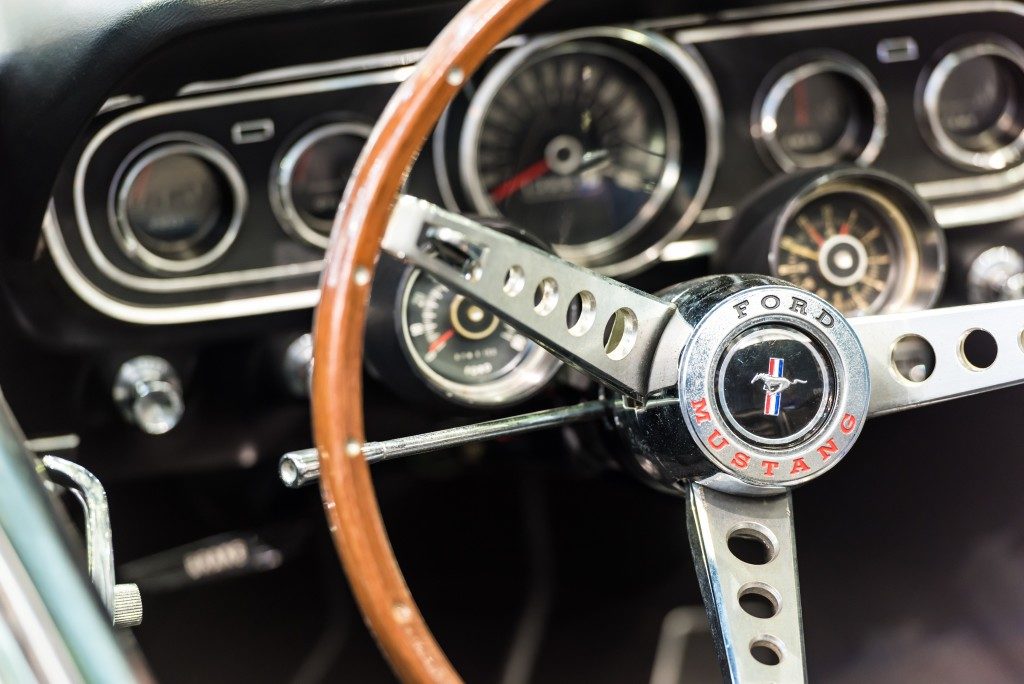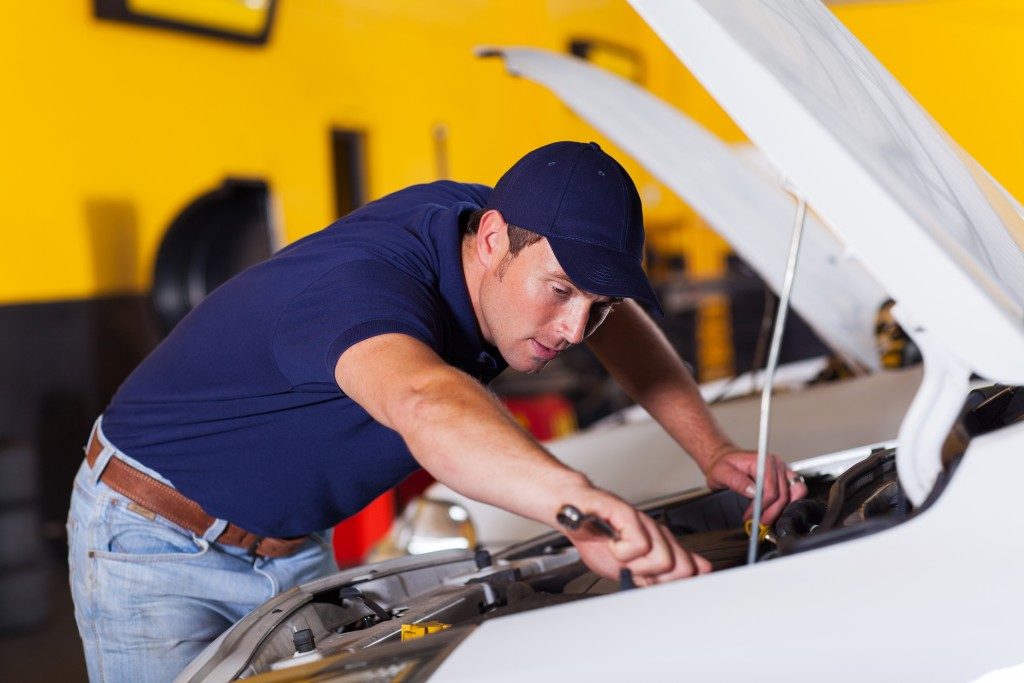Through in-house manufacturing tools such as pipe benders and metalworking machines, automotive repair and restoration workshops can create and modify missing or rare parts, extending the scope of what they can offer to both average motorists and specialist automotive enthusiasts.
Specialist automotive repair and restoration services often have a battery of machines in their workshops to create various auto parts. These would allow repair technicians to rebuild, restore, and customize entire vehicles—diversifying what they can offer to everyday motorists and auto enthusiasts alike.
AMH and Baileigh pipe benders and Ranger brake lathes are just some of a plethora of tools that can be found in the metalworking section of a specialist automotive repair shop. These tools play a key role in the production of components needed to bring a damaged or aged vehicle back in working order.
The Task at Hand
The proliferation of automobile brands in the United States meant that a broad assortment of vehicle brands is available for the average American motorist. This boon, however, would become a challenge for auto repair technicians. Not only would they had to contend with a bewildering number of models to familiarize themselves but also the challenge of finding adequate parts to replace those that are lost or damaged.
The huge variety of vehicles are a lingering challenge for most automotive repair shops, which have to contend with the need for a massive inventory of individual parts for models currently in circulation, and with many cars lasting up to a decade, these inventories could potentially get bigger. Things become progressively complicated as some factory-made parts cease production, which can cause repairs to become even more difficult or outright impossible as inventories slowly run out.
Another complicating factor is the complexity of the vehicle systems, including exhaust systems. The various brands in the market utilize a broad array of systems that need their distinct components. Many of these exhaust systems may even require a specific amount of room within the vehicle to function. Even minor damage can prevent repairs to the exhaust system due to the way modern vehicles are configured.
In-House Manufacturing
Thus, to meet this ever-present demand for new parts, a few automotive repair enterprises have turned to crafting replacement components for vehicle in-house. In-house manufacturing has many advantages for the automotive repair shop. First off, it allows them to offer a broader assortment of repair services that would previously need a large inventory of rapidly depleting spare parts. In-house metalworking and manufacturing would also open up more complex repair. Vehicles previously thought to be irreparable could now be brought back to working condition.
Many automotive repair shops today have some metalworking equipment in-house to accommodate complex repairs. The most common type of in-house part manufacturing is exhaust pipe bending, which involves bending metal pipes that would be fitted into the exhaust systems of the vehicle.
Restoration

The presence of in-house manufacturing has also paved the way toward more thorough restoration projects. Specialist equipment is often brought in to create smaller parts (often those that are hard to find), and are usually found in automotive shops specializing in restorations and customization.
In-house manufacturing solves one of the most persistent challenges of taking on auto restoration jobs for older vehicle: the rarity or absence of parts. By custom-manufacturing some of the components within the shop, auto technicians can increase the scope of what vehicles they can restore to working condition.

